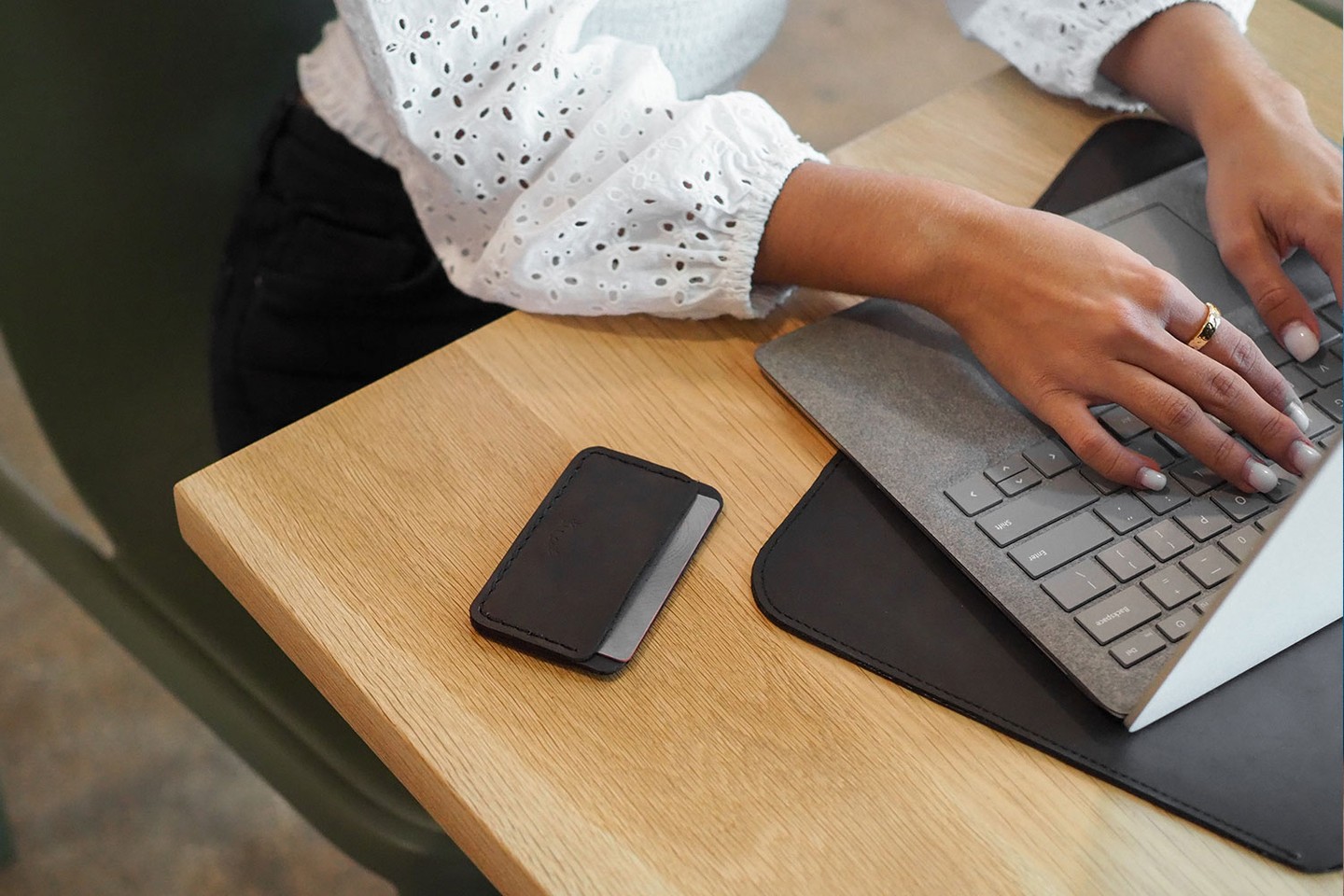Thinking about your personal budget?
Sign up to ClearScore to use our Affordability Calculator and see how much money you have to save every month.
What the 2022 National Budget Speech means for you
Lisa Linfield takes us through what the National Budget is and why it's important, plus how this year's budget will affect each of us individually.

Thinking about your personal budget?
Sign up to ClearScore to use our Affordability Calculator and see how much money you have to save every month.
“Will I have more money in MY pocket over the next year? Are there things the government is spending on that will help me?” That’s the question I get asked each year by many of the people that attend my courses around National Budget time. So let’s start with what the National Budget is, and why it’s important to each one of us.
Remember how our President used to hold “Family Meetings” on Sunday night to let us know what was happening with Covid? Well, the National Budget is our Family Meeting held by our finance minister, Enoch Godongwana, to tell us how the government is going to spend the money we have as a country – and also how they’re going to make the money to give to all the projects and people they’re spending it on.
So where does the money come from? You. Me. Businesses. Through taxing us. There are five main taxes we all pay – spending taxes and earning taxes. Spending taxes happen when we shop – so affect all of us equally.
Spending Taxes | Description |
|---|---|
VAT (Value Added Tax) | VAT is paid every time we buy something. When you buy the Coke, airtime, clothes etc. you pay an extra 15% VAT. The good news is that this year we aren’t getting charged any more VAT. VAT is the second highest cash earner for the government. |
"Sin" Tax | “Sin” taxes are additionally paid on alcohol, tobacco, sugar and plastic bags. The bad news is that we will pay more for these. A bottle of spirits will be R4.83 more expensive; a can of beer will be 11c more; wine, 17c more and cigarettes will be R1.03 more. Sugar will now cost 2.31c per gram. You’ll pay 3c more for a plastic bag, taking the total plastic bag levy to 28c per bag. There is also a proposed tax on vaping from next year. |
Petrol Tax | Petrol Tax or the Fuel Levy will not be raised – the government recognising that we’re all under pressure from the international increases in the oil price that mean our petrol price is breaching R20 per litre. |
The earning taxes are paid when we receive money – businesses and people pay income tax and all of us pay tax when we sell an investment, such as a house, for more money than we paid for it – known as capital gains tax.
Earning Taxes | Description |
|---|---|
Personal Income Tax | Personal Income Tax is always difficult to understand the ‘sales pitch’ at budget time. Each year we pay more for things – known as inflation. The Treasury, who manages the money of the country, predict that inflation will be 4.8% in 2022. So, if you get a 4.8% salary increase you will be able to buy the same things in your basket as last year. But, if that salary increases pushes you into a higher tax bracket, you will end up having less money to spend as more of it will go to tax. If the government needs more money, they give tiny or no increases to the tax brackets, so get more tax. This year we got a pretty big increase to the tax bracket of 4.5%. This means that you now pay NO tax on any money you earn up to R91,250. And, the medical tax credit goes up from R332 to R347. The government earns most of its money from Personal Income Tax. |
Business Tax | Business Tax will drop from 28% to 27%. |
Capital Gains Tax | Capital Gains Tax remains the same. |
Like all of us, the government should only spend the money it earns. But because it doesn’t have enough, it borrows.
South Africa owes R4.3 trillion to lenders around the world because of this borrowing – such as when the government needed to borrow money to pay for vaccines, Covid grants and supporting health care. In addition, the government also guarantees the debt of SOE’s such as Eskom.
And, like all of us, if you borrow money, you have to pay interest to the person who lends it to you. We will spend more money (R330 billion) on servicing that debt than we will on health care or policing or basic education. In fact, this year 17% of the money the government earns will go to pay for that.
So, as the minister rightly said, if we want to cut that, we have to find ways to pay back the money we owe – which means cutting what we spend in other areas… or growing our economy so there’s more cash into the government. Like most businesses, the biggest expense the government has (31.6%) is its employees.
There is 46% of the population accessing Social Grants. We spend R364.4 billion or 20.6% of the income we earn on supporting the most vulnerable in our society.
Having said that, the government is investing in areas that may help you:
Government Spending | Description |
|---|---|
Employment | The government will pay small businesses to employ the youth to R1,500 per month. The Presidential Employment Initiative will receive an additional R18.4bn and R76bn is allocated for job creation. |
Infrastructure | Additional R9.9bn for non-toll roads; R2.1bn to raise the Clan William Dam, additional R2.2bn for water supply and money for border posts. |
Education | Additional R32.4bn to current bursary holders and first-year students under the National Student Financial Aid Scheme. |
Grants | Over the medium term, R58.6bn to be spent on extending support to child-headed household, and in addition to inflationary increases, a R100 increase to old age, war veterans, disability and care dependency grants. Foster care and child support grants will increase by R20 in April. R44bn is going to a 12 month extension of the R350 Social Relief of Distress grant that started in response to Covid. |
If you’re on social grants or a young person, yes, you will. And if you’re a youth seeking employment, you’ll have more chance of getting a job. For those getting a salary increase, you can enjoy the inflation part of that increase without getting taxed more.
But, if you like to spend money on alcohol or cigarettes, plastic bags or sugar, you’re in for a squeeze on your money.
If you’re wanting help paying for tertiary education and qualify for it, yes! And in certain areas you may benefit from improvement to roads, and water supply, you may have some disruption now as they’re worked on, but it will get better!
Lisa Linfield is an independent financial adviser. She has a B.Com (Hons) in Financial Planning and is a Certified Financial Planner ®. She hosts the podcast Working Women’s Wealth.
